Greenwald wants to return to US, but not yet
Glenn Greenwald would like to go home to the United States, at least for a visit. But the Guardian journalist and blogger is afraid to do so. He still has material and unpublished stories from his contacts with fugitive whistleblower Edward Snowden that he believes U.S. authorities would love to get their hands on. The…
CPJ testifies on challenges to democracy in the Americas
Carlos Lauría’s testimony starts at 1:10 in the video. Carlos Lauría, CPJ’s Americas senior program coordinator, provided testimony before the Subcommittee on the Western Hemisphere of US House of Representatives on Tuesday. Lauría emphasized that violence and government harassment are the main emerging trends that illustrate the major challenges facing the press in the Western…
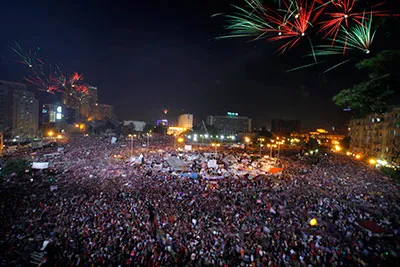
Attacks in Egypt highlight risk of covering protests
From São Paulo to Istanbul to Cairo, coverage of street demonstrations has re-emerged as an exceptionally dangerous assignment for journalists. Since June 1, CPJ has documented more than 120 attacks on the press amid the civil unrest in Brazil, Turkey, and Egypt–the biggest surge of attacks in such circumstances since the uprisings that swept the Arab world…
For one Brazilian journalist, harsh reality after exile
I have always been convinced that journalism is an instrument that transforms people and realities. I believe in this profession as a means of change, even if this implies some risk. I’ve been beaten almost to death and at another time have had to move to another city because I went to the limit of…
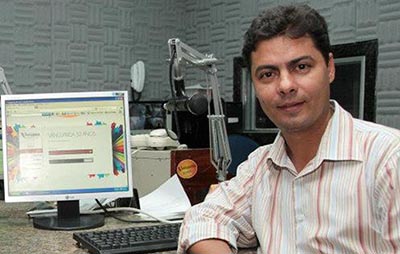
In Brazil, awakening ‘Rodrigo Neto in each of us’
One month after their colleague Rodrigo Neto was gunned down on the street after eating at a popular outdoor barbecue restaurant, the journalists of Vale do Aço, Brazil, were indignant. Denouncing a sluggish investigation and the possibility of police involvement in the murder, they strapped black bands to their wrists in a sign of solidarity,…

In Index, a pattern of death, a roadmap for solutions
Gerardo Ortega’s news and talk show on DWAR in Puerto Princesa, Philippines, went off as usual on the morning of January 24, 2011. Ortega, like many radio journalists in the Philippines, was outspoken about government corruption, particularly as it concerned local mining issues. His show over, Ortega left the studios and headed to a local…
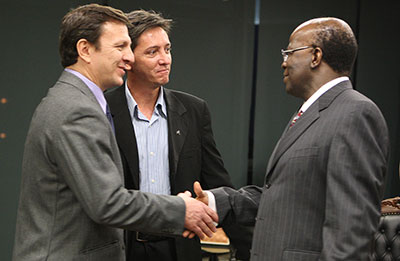
Brazil officials back OAS human rights system
“Leave me in peace. Wallow in your garbage,” Brazilian Chief Justice Joaquim Barbosa said in a rage when a reporter with one of the leading national newspapers, O Estado de Sao Paulo, tried to ask him a question Tuesday at a meeting of the National Council of Justice in Brasilia, the capital. Stunned by Barbosa’s…
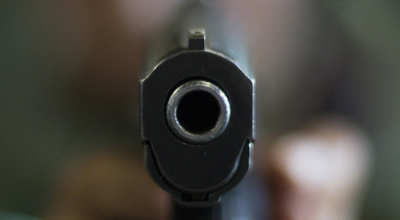
Journalists still murdered where impunity reigns
Almost half of the 67 journalists killed worldwide in 2012 were targeted and murdered for their work, research by the Committee to Protect Journalists shows. The vast majority covered politics. Many also reported on war, human rights, and crime. In almost half of these cases, political groups are the suspected source of fire. There has…

Brazil murders reflect tough reporting, lack of justice
There are many complex reasons why Brazil has become a dangerous place to practice journalism. I will cite two possible explanations for the increase in deaths of journalists in the country, where seven journalists have been confirmed killed for the work over the past two years. First, the press is producing more investigative reports on…
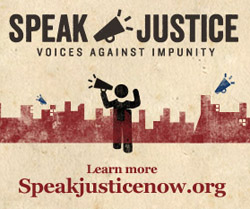
Speak Justice campaign fights impunity in press murders
The tortured and decapitated body of 39-year-old María Elizabeth Macías Castro was found on a Saturday evening in September 2011. It had been dumped by the side of a road in Nuevo Laredo, a Mexican border town ravaged by the war on drugs. Macías, a freelance journalist, wrote about organized crime on social media under…